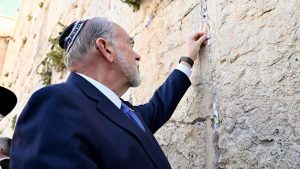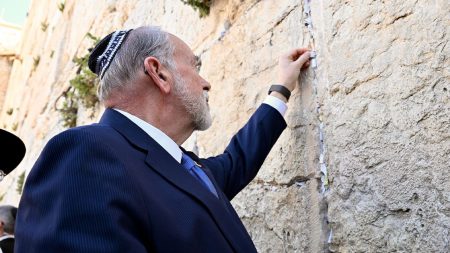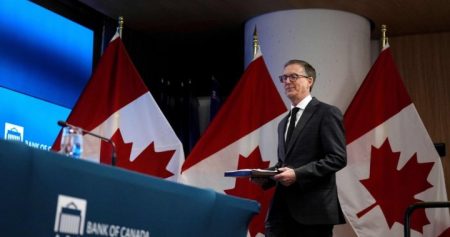Paragraph 1: Setting the Stage for the Hostages’ Return
The Israel Defense Forces (IDF), working in close collaboration with the Health Ministry, various government bodies, and security agencies, finalized preparations on Saturday, October 12, 2024, to receive the first group of hostages scheduled for release by Hamas from the Gaza Strip the following day. These meticulous preparations encompassed creating comfortable, home-like environments within trailers for the hostages to rest and recuperate before undergoing medical evaluations at designated hospitals. The trailers were thoughtfully furnished with couches, potted plants, and baskets of toiletries and fresh clothes, aiming to provide a sense of normalcy and comfort after their prolonged captivity. Outdoor spaces were also arranged with patio furniture and colorful pillows, offering a welcoming and relaxing atmosphere.
Paragraph 2: Ensuring a Smooth and Respectful Transition
The IDF emphasized the importance of respecting the hostages’ privacy and dignity during this sensitive transition. Upon arrival, the freed hostages would be transported to hospitals for thorough medical checkups and eventual reunification with their families. The IDF appealed to the public for patience and sensitivity, urging them to refrain from sharing unverified information and to rely solely on official updates. This call for restraint aimed to protect the hostages from potential harm or distress caused by misinformation and speculation.
Paragraph 3: The Context of the Hostage Crisis and Cease-fire
The impending release marked a pivotal moment in a protracted crisis that began with Hamas’s unprovoked attack on Israel on October 7, 2023, nearly 500 days earlier. This attack resulted in the capture and detention of numerous Israeli citizens and foreign nationals. The release of the first group of hostages followed a hard-won cease-fire agreement brokered between Israel and Hamas on Wednesday, October 9, 2024. This agreement represented a crucial step towards de-escalating the conflict and paving the way for further negotiations.
Paragraph 4: Details of the Release and Cease-fire Agreement
The initial group of three hostages slated for release on Sunday was expected to consist of female captives. The broader agreement stipulated the release of a total of 33 hostages, including two American citizens. In a reciprocal gesture, Israel agreed to release over 1,000 Palestinian prisoners. This complex exchange highlighted the delicate balance of negotiations and the significant human cost of the conflict. Israeli Prime Minister Benjamin Netanyahu emphasized the conditional nature of the agreement, stating that Israel would not proceed until it received a verified list of the hostages to be released, a point of contention that arose when the expected list from Qatar did not arrive on Saturday.
Paragraph 5: Netanyahu’s Stance and Acknowledgements
Netanyahu firmly asserted Israel’s resolve, declaring that there would be zero tolerance for any breaches of the agreement and holding Hamas solely responsible for its implementation. He underscored Israel’s strength and unity in the face of adversity, emphasizing that no force could break the nation when its people stand together. Reflecting on the broader context, Netanyahu highlighted the successful return of 157 abductees to date, of whom 117 were alive, and expressed hope that the current agreement would bring home 33 more, mostly alive. He further acknowledged the contributions of both President Biden and President-elect Trump in facilitating the cease-fire agreement, highlighting their support for Israel’s right to resume hostilities if negotiations faltered.
Paragraph 6: International Involvement and Future Implications
Netanyahu’s acknowledgment of the roles played by President Biden and President-elect Trump underscored the international dimension of the conflict and the efforts made to secure a peaceful resolution. He particularly noted Trump’s early involvement after his election and his emphasis on the temporary nature of the cease-fire, highlighting the cautious optimism surrounding the agreement. Netanyahu also expressed appreciation for Trump’s decision to lift restrictions on the supply of essential weapons and armaments to Israel, a move that signaled continued US support for Israel’s security. This complex web of negotiations and international involvement set the stage for the delicate next phase of the agreement, with the hope of achieving a more lasting peace in the region.










